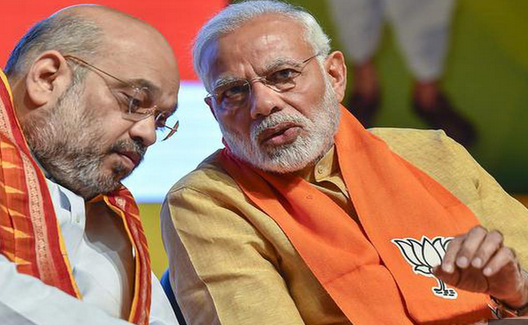End the uncertainty: On the Sri Lankan refugees in Tamil Nadu
Centre must adopt a proactive approach to resolve issues of Sri Lankan repatriates
The Madras High Court has demonstrated how the judiciary can provide succour to a person waiting for over 40 years to get Indian citizenship. In T. Ganesan vs The Government of India & Others, the Madurai Bench of the High Court, in its judgment on November 30, directed the authorities to treat the petitioner and his family as Indian citizens, thus extending to them relief measures that the Tamil Nadu government provides to repatriates from Sri Lanka. The 69-year-old petitioner, now a resident of a refugee camp in Karur, reached India in 1990 after having been issued an Indian passport in Kandy in August 1982 on repatriation under two bilateral treaties that concerned hill country Tamils or Indian Origin Tamils (IOT). He had approached the court as the authorities treated him only as a Sri Lankan refugee even though he is an Indian citizen. The government accepted the genuineness of his passport but doubted his identity because the photograph was the image of a “far younger” person. But the court rejected this position. Ganesan is not the only such person. The court has recorded that around 5,130 applicants (IOT category) have sought citizenship. In official data of March 2023, Tamil Nadu had about 91,000 refugees, with around 58,000 in camps.
This is not the first time that the Bench, especially Justice G.R. Swaminathan, has gone to the rescue of those in the camps. In the last 15 months, the judge had established that the petitioners concerned were Indian citizens, interpreting provisions of the Citizenship Act, and should be issued passports. Otherwise, the general legal position of the Union government is that every refugee is an illegal migrant though entitled to benefits. A DMK State government study found that nearly 8,000 refugees are eligible for Indian citizenship as they do not come under exclusions of the law. The Union government’s stand has been that despite not being a signatory to the 1951 UN Refugee Convention or the 1967 Protocol, it adheres to the principle of non-refoulement. The government also favours the voluntary repatriation of refugees to Sri Lanka. This was a reason why the Citizenship (Amendment) Act, 2019 did not include Sri Lankan refugees. The Centre should ensure follow-up action on the DMK government’s study. It should first identify those eligible for citizenship under the legal framework and ascertain their consent. For those who wish to pursue higher studies or go abroad for a livelihood, permission can be granted if the applicant has no criminal record. The Union government should initiate talks with Sri Lanka on voluntary repatriation and a structured assistance programme worked out. A proactive approach should be followed to ensure that those tagged as refugees are able to lead a life of dignity.
